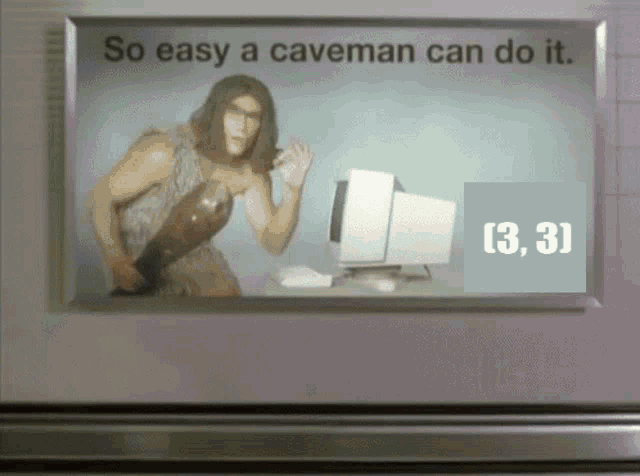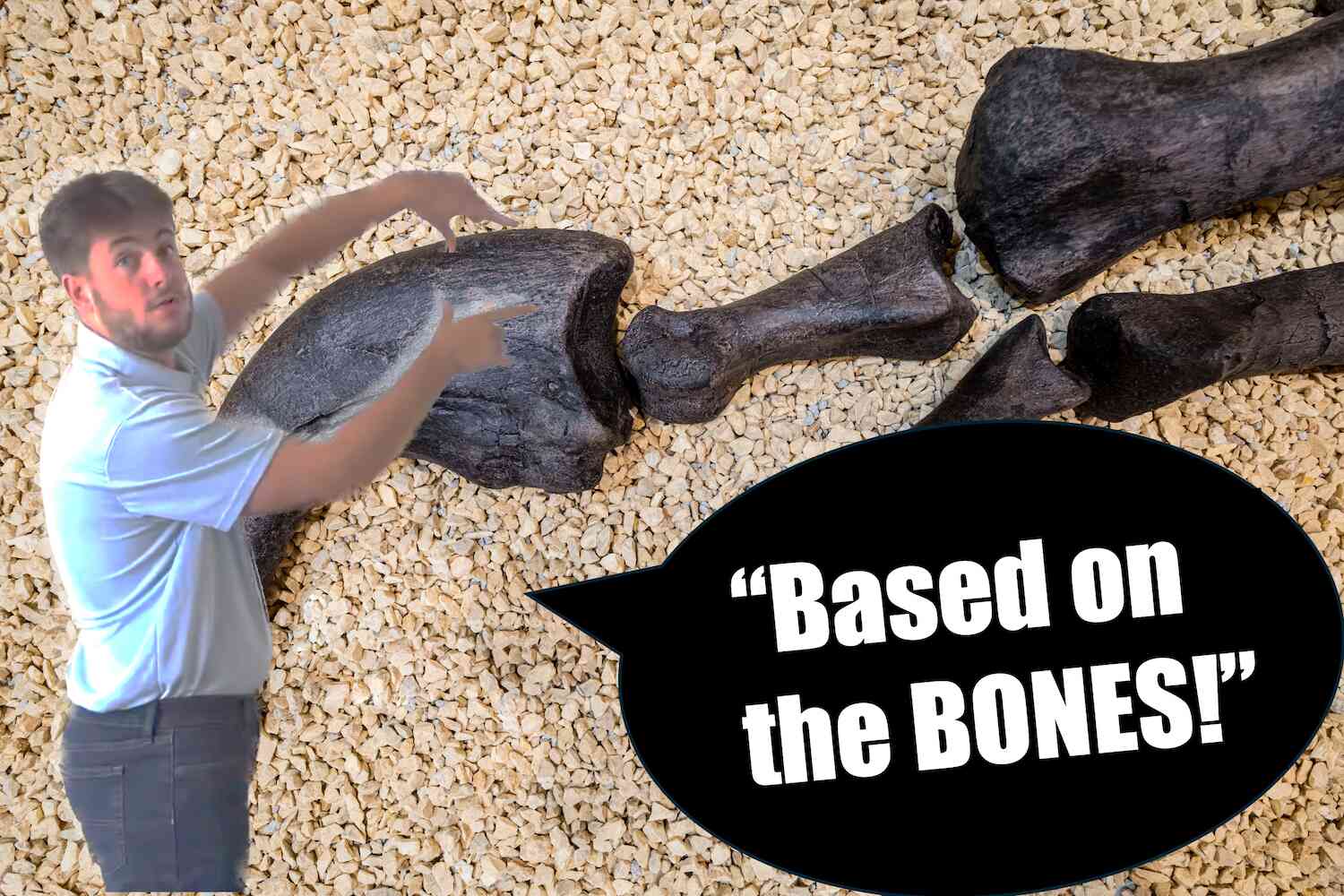Every so often, a viral video drops that not only captures something deeply true, but also pulls back the curtain on absurdities we all have participated in keeping a straight face about.
There's something oddly disquieting about this pretend scientist rattling off increasingly absurd details - from the creature's ten-day digestion cycle and its strict diet of "leaves and dandelions," to the notion that other dinosaurs "rode this one to school" because, naturally, "they had an education system." It's hilarious, but also a little unsettling.
The video works because it exposes how easily confident nonsense can sound like knowledge when delivered with authority. After all, that's the logic we often hear when real experts make their boldest claims about prehistoric life. No matter how fantastic the story, we're always told to trust the unassailable evidence that's "based in the bones."
The clip is hysterical precisely because it's so believable. Not the dinosaur school buses, obviously, but the overconfident, authoritative tone that too often passes for expertise today.
Consider an opposing viewpoint to secular evolutionary paleontology, which rules the institutions of our day. This Christian paleoartist from Answers in Genesis specializes in recreating what dinosaurs may have looked like (based on the bones). Because his starting premises about Creation are different, his illustrations look quite different:
The evolutionist's concept:
The creationist's concept:
There's a difference between scientific discovery, which begins with evidence and admits its limits, and science-adjacent storytelling, which starts with assumptions and baptizes them in the language of authority.
Like the creationist, evolutionists are telling a story. Unlike the creationist, however, they need a stand-in for divine authority to sanctify their preferred narratives. This is why the viral mocking of the video works: It's poking fun at an industry that has turned scientific curiosity into theological dogma, while pretending to be objective.
Consider how often we're told our "earliest human ancestors" definitely looked like, how they probably behaved, and what they must have eaten. Consider how easily modern scientists spin tales about early humans' emotional lives or social hierarchies. The creativity is impressive. The arrogant certainty is not.

Real science depends on humility. Without it, the so-called scientific becomes far more ideological.
The bones are worth studying, but it's critical to keep that legitimate study separate from our imaginations, our hubris, and our need to explain everything.
Our latest video 👇
Disclaimer: The opinions expressed in this article are those of the author and do not necessarily reflect the opinions of Not the Bee or any of its affiliates.









